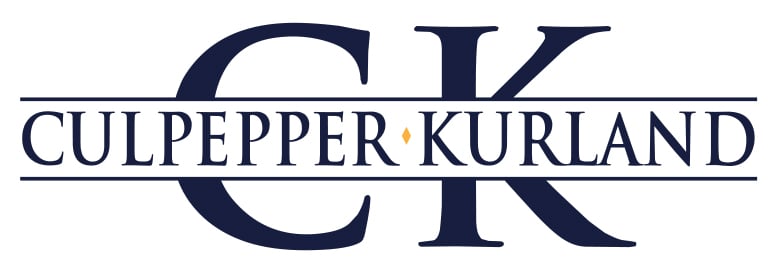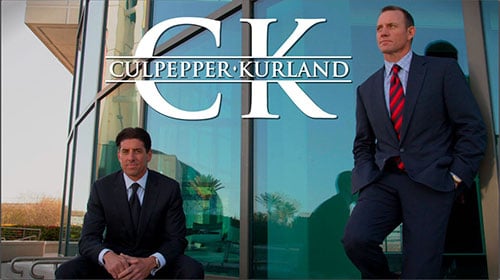Ridesharing services such as Uber and Lyft, are becoming increasingly popular in Florida and around the country. With a few swipes of a smartphone app, someone in need of a taxi can locate a ride, determine wait time and rate, and schedule a pick-up. And riders aren’t the only ones benefiting from the service. Uber drivers create their own schedules, use their own vehicles and enjoy flexibility that isn’t offered by traditional taxi cab companies. While this new take on an 80-year-old industry is attractive to most, it is important to understand what happens when an Uber driver gets into an accident – especially in Florida, a state with unique auto insurance laws.
Are Uber passengers covered if they are injured in an accident? Both Uber and Lyft say yes. Passengers are covered from the time the driver accepts the trip and picks up passengers until drop-off. During that period, all parties are covered by a one-million dollar commercial insurance policy. It’s the time when drivers are on the clock and waiting for customers that injury coverage is not guaranteed. During this period, Uber says the driver’s personal auto insurance coverage and Uber’s limited liability coverage should provide sufficient coverage for anyone injured, but in Florida, standard auto insurance doesn’t work that way. According to the Insurance Information Institute, there are no insurance guidelines in Florida for when someone “>uses a personal vehicle as a taxi cab.
Some states have come up with solutions, including extra commercial insurance coverage to fill the gap (which only costs drivers $20), but this option is not available in Florida. Currently, if Uber’s commercial coverage doesn’t pay, any injury damages would have to come out of the driver’s pocket. This is one reason why underinsured motorist (UM) coverage is recommended for anyone who owns a car in Florida.
The Florida Senate says it will continue to focus on setting insurance requirements for drivers for Uber and other rideshare services in 2016. Last year, efforts to set minimum auto liability insurance during “gap” periods were unsuccessful.


